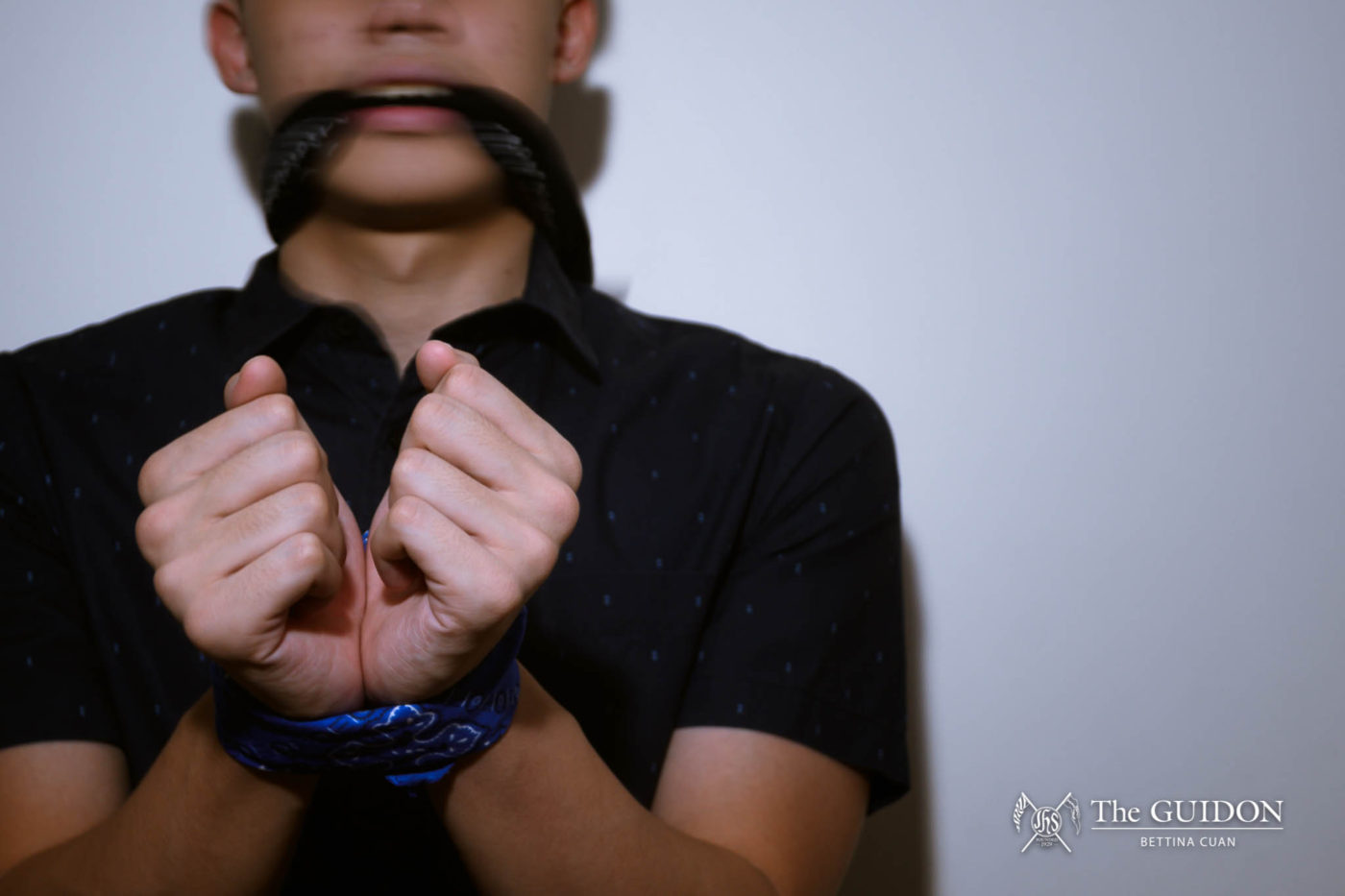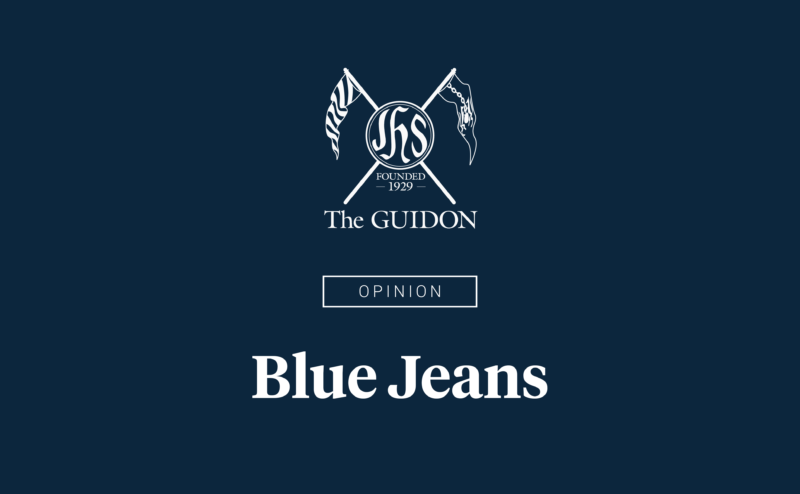FOLLOWING RAPPLER’S series of investigative reports on Pastor Apollo Quiboloy’s sex trafficking indictment, several members of the Kingdom of Jesus Christ (KOJC) Church filed 11 complaints of cyber libel against everyone involved in the reports’ creation.
As of April 4, the Cagayan de Oro prosecution panel dismissed the cyber libel complaints against Rappler and the interviewees due to insufficient evidence.
Among the respondents of the complaint was Development Studies (DS) Program Director Jayeel Cornelio, PhD, who was interviewed for his thoughts on the Church as a sociologist of religion. Along with Cornelio’s insights as a sociologist, the series also included accounts from former members of the KOJC as Quiboloy’s victims.
According to Rappler, members of the KOJC filed the complaints on various dates in January and February 2022, shortly after the reports were first published in December 2021. The complaints accused the respondents of “attacking, discrediting, maligning, and destroying” Quiboloy’s name, and stated that the reports turned the KOJC into a “laughing stock.”
Prior to the case’s dismissal, the Sanggunian, the Development Society of the Ateneo, the Ugnayan ng mga Makabayang Guro sa Ateneo (UMAGA), and AB DS Batch 2022 released statements of support for Cornelio in response to the cyber libel complaints.
That said, Cornelio stated that the KOJC filing cyber libel complaints is meant to be a “distraction” from Quiboloy’s arrest warrant issued by the United States’ Federal Bureau of Investigation for fraud and coercion, bulk cash smuggling, and sex trafficking of children, among others.
“By filing cases against Filipinos who talk about this, the public is distracted from the real issues at hand,” he said.
The tragedy of religion
Aside from being a distraction from Quiboloy’s indictment, Cornelio stated that filing cyber libel complaints against those involved in the creation of the reports is a form of “legal harassment.” He noted that, in particular, the KOJC has weaponized cyber libel against journalists and academics in a bid to “evade responsibility” for its own abuses.
This ties in with a statement that Cornelio asserted in his interview with Rappler where he described religion as not only having a psychological but also social effect. According to him, the Church incites fear in its followers, creating the idea that standing against the Church is a reflection of one’s obedience to God.
In an interview with The GUIDON, he also said that the cases the KOJC members filed were meant to preserve its image and reputation. “It’s [about] the protection of the institution, and to me, the sad part about [that] is they become unaccountable for their own misbehavior,” he said.
Cornelio described this phenomenon of the Church using fear to evade accountability as “the tragedy of religion in the Philippines.” He noted that since cases were filed against those that spoke out against Quiboloy, there may be a negative impact on anyone who may have wanted to further expose the Church.
In particular, he shared his experience with a former member of the KOJC that contacted him after the reports were published.
He said, “[I] don’t know him, but he just told me, ‘Dr. Cornelio, this is exactly the experience that I had, is there any way that you can help?’ Now that cases have been filed against us, saan na pupunta yung taong yun? (Where will they go?)”
Clamping down on freedoms
In its statement, UMAGA said that Cornelio deserves to be paid tribute and not rocked by allegations that purposely suppress freedom of expression.
UMAGA member and Associate Professor Michael Pante further expressed that the cyber libel complaint has wider implications for the academic field. He noted that cyber libel “has essentially been weaponized” against researchers who are just doing their jobs.
Although Cornelio is not its constituent, the Sanggunian asserted that the spread of malicious claims towards academics is irresponsible. It also emphasized that the suppression of academic freedom discredits the ability of academics in holding institutions accountable for perpetuating abuse against the people.
“I think especially with Dr. Jayeel being literally a program director, it really is a direct attack on us as an educational institution because […] what Doc Cornelio was saying were really just facts—were just analyses of the situation—which is what we encourage our students to do,” Sanggunian President Kara Angan said.
Cornelio also said that everything is backfiring on the KOJC since credible universities see the legal harassment as an attack on academic freedom, specifically the legitimate responsibility of universities to rigorously research about a field of study.
On the other hand, Vice President for Social Development Rizalino Rivera said that there is no need for the Office of Social Development to issue a statement, assuring that the isolated incident does not impact the community.
“I hope we are not affected. I hope we proceed as we’re doing now,” Rivera said. “If [the complaint is] an isolated incident, not much. It won’t affect us very much. Now, if there’s a pattern of filing of libel charges against our faculty, then that’s something that should be taken seriously,” he added.
Taking a stand
Contrary to Rivera’s statement, Pante stressed that the case is not just “an isolated thing” as it sets a very dangerous precedent for academics. “[The] people who have vested interests to protect, what would prevent them from using libel […] against researchers who simply want to conduct investigations in the pursuit of truth and justice,” he said.
In line with this, Angan also emphasized the need for student councils and organizations to take a stance on issues concerning academic freedom. “I think especially in this political climate, and with direct attacks to our institutions, to our community members, I think students and organizations, and student governments shouldn’t be afraid of taking a stance,” she said.
“More than anything, it should galvanize us because we know that this is just a test case or the start of what else could happen […] under a regime—a ‘democratic regime’—that embraces authoritarian tendencies,” Cornelio added.
Although the Office of Social Development did not release any statement in response to Cornelio’s cyber libel case, Rivera mentioned that they were able to check in on Cornelio, who is thankful the Loyola Schools community rallied around him.
Rivera also emphasized that if the new Philippine president has autocratic tendencies, there is a greater possibility of more libel incidents filed against those in the academic field. Despite this, he hopes that “the University [will] be bearers of truth and be at the forefront of telling the truth to society.”







